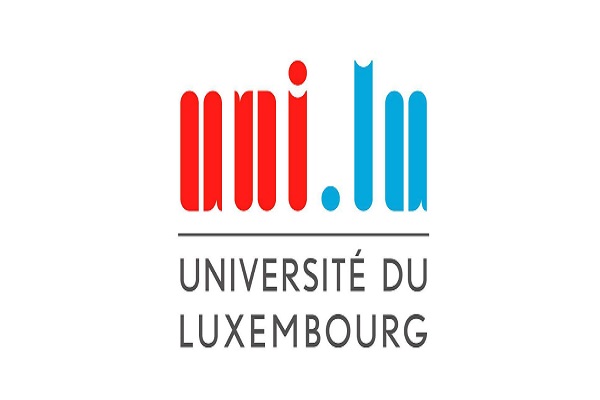
The University of Luxembourg has announced three upcoming events: "GEM Day: Girls Exploring Math" and an event on water and Sustainable Development Goals, both on 2 April, and an event on inequality and antisocial behaviour, on 4 April 2019.
For the first time, mathematicians at the University of Luxembourg are organising a day dedicated to promoting mathematics among girls. During the event, "GEM Day: Girls Exploring Math", young women will meet Béatrice de Tilière, professor for Mathematics at Paris Dauphine University, and participate in the "Unpuzzling mathematics" or "Gender and Science" workshops. The event will take place on Tuesday 2 April from 09:30-16:00 on Belval Campus. More information is available at https://wwwen.uni.lu/university/news/events/gem_day_girls_exploring_math.
On the same day, the university is organising the event "Water - The critical element to achieve the Agenda 2030 and the Sustainable Development Goals" at the Musée National d'Histoire Naturelle, from 17:30-19:00. During this lecture, Stefan Uhlenbrook, Coordinator of the UNESCO World Water Assessment Programme (WWAPP) and Director of the UNESCO Programme Office on Global Water Assessment, will talk about water resources in a changing world as well as the role of water on the path towards Agenda 2030 and Sustainable Development Goals. Access is free and no registration is required. More information is available at https://wwwen.uni.lu/university/news/events/water_the_critical_element_to_achieve_the_agenda_2030_and_the_sustainable_development_goals_sdgs.
Then, on 4 April 2019, the university is organising the LSF Lunch Seminar "Hope and Anger: an experiment on inequality and antisocial behavior", taking place in the Nancy-Metz Room of the JFK Building in Luxembourg City at 12:30. The event will deal with the idea that economic inequality may fuel frustration, possibly leading to antisocial behaviour. Maria Bigoni (University of Bologna) will present the results of a study of a situation where only the rich can reduce inequality while the poor can express their discontent by destroying the wealth of a rich counterpart. The study similarly tested whether the emergence of such forms of antisocial behaviour depends only on the level of inequality, or also on the conditions under which inequality occurs. More information is available at https://wwwen.uni.lu/university/news/events/hope_and_anger_an_experiment_on_inequality_and_antisocial_behavior.








